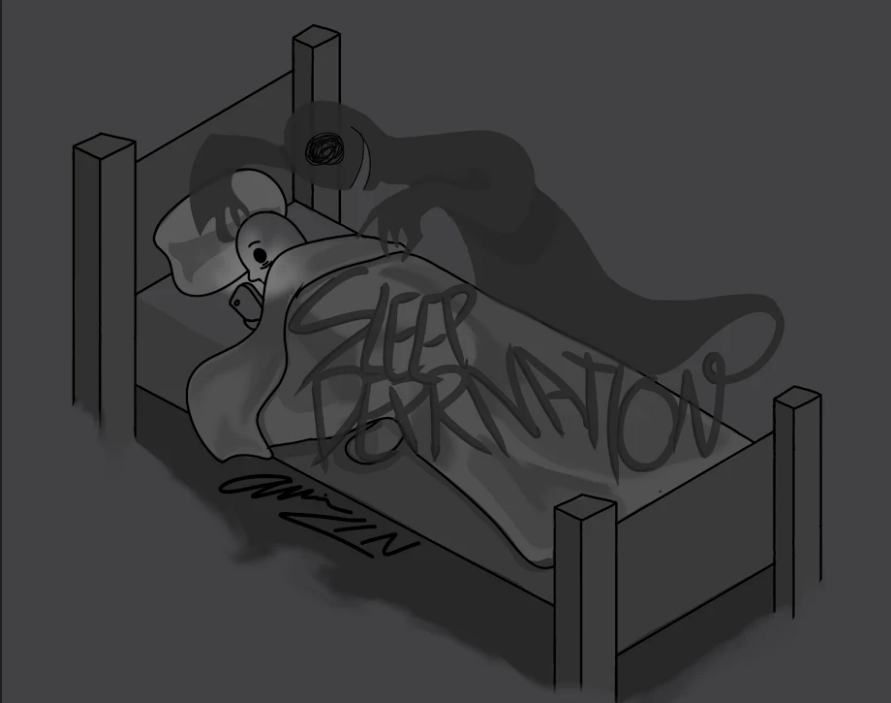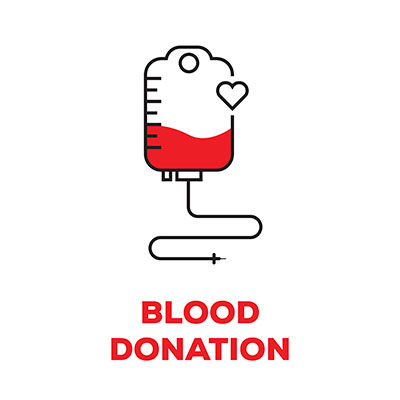Sleep Deprivation: Today’s Teen Epidemic
We have all heard that a person needs seven to eight hours of sleep per night, but often times, high school students scoff at this proposition as wishful thinking. Indeed, students who balance the responsibilities of college level classes, sports, extracurriculars, internships, and jobs often do not have much time for sleep. According to the National Sleep Foundation, less than 15 percent of teenagers sleep for over 8.5 hours per night. Even without looking at these statistics, the sleep deprivation of most students is clear. AP Psychology teacher, Ms. Bischer, who makes students keep track of their sleep during a sleep log, remarked that almost all students do not get enough sleep and stay up significantly later than they should. In a poll given to six different students attending Morris Hills, all of the participants said that on average, they get less than eight hours of sleep, with 4 out of the 6 saying they get 6 or less hours on average.
Though students tend to think of sleep as a luxury, it is a necessity– especially for teenagers. First and foremost, sleep is incredibly important to the function of the nervous system. According to Diwakar Balchandran, director of the Sleep Center at the University of Texas M.D. Anderson Cancer Center in Houston, studies have shown that our T-cell (a white blood cell that is important to immune response to diseases) counts go down when one is sleep deprived. Lack of sleep also has been proven to negatively affect our cognitive function and impair athletic abilities as shown through increased clumsiness and slower reflexes. In addition to all of these physical effects, sleep deprivation can have an emotional effect. Ms. Bischer said, “It was found that when you are sleep deprived, the area of the brain regulating emotion is overactive. This is why people are cranky when sleep deprived.” Also, regarding the effect of sleep deprivation on memory and focus, Ms. Bischer said, “When you are sleeping, memory is consolidated. So, when you are sleep deprived, it’s harder to focus and remember information.”
Even though the effects of sleep deprivation are well documented, students are almost universally sleep deprived. The most commonly understood reason for sleep deprivation among teenagers is technology use around bed-time. Phones are not only distractions, but the blue light emitted by phone screens can induce unrest. Experts say that one should stay away from screens for at least the last 30 minutes before going to sleep. However, perhaps even bigger than that is the stress which students are under. When asked about why students were so sleep deprived, Ms. Bischer said, “High schoolers are over extended. [They’re] involved in too many activities, involved in too many classes, participate in too much.” In addition to this, she remarked, “Biologically, teens are designed to want to stay up later, so the design of high school starting so early doesn’t work with our biology.”
If you struggle to get a healthy amount of sleep every night, there are some lifestyle changes which may help you get closer to the recommended eight hours. First, students should try to schedule when they will sleep each day. Setting a time to go to sleep, and sticking to it, can establish a regular sleep cycle. In addition, students should avoid stimulants like caffeine, especially in the evening, and keep their cell phones outside of their rooms. Furthermore, sleeping in tune with sleep cycles can reduce lethargy in the morning. It is a well known fact that when people sleep in increments of 90 minutes, they feel more refreshed. This is because every 90 minutes, all stages of sleep (nonREM and REM) are completed, and waking up after 90 minute cycles ensures that a REM cycle is completed. Due to this phenomenon, sleeping for 90 minutes will feel more refreshing than sleeping for two hours. Taking some of these precautions can lessen the extent of sleep deprivation plaguing teenagers today.











